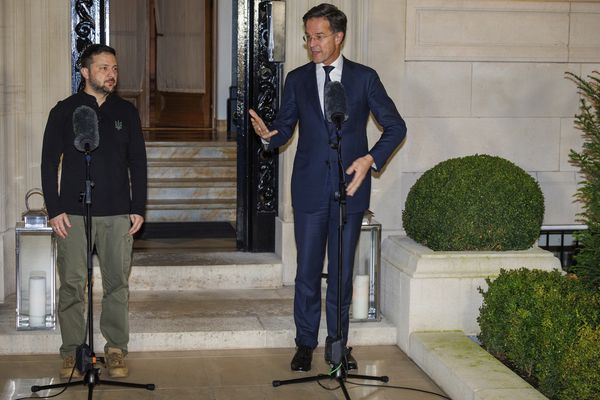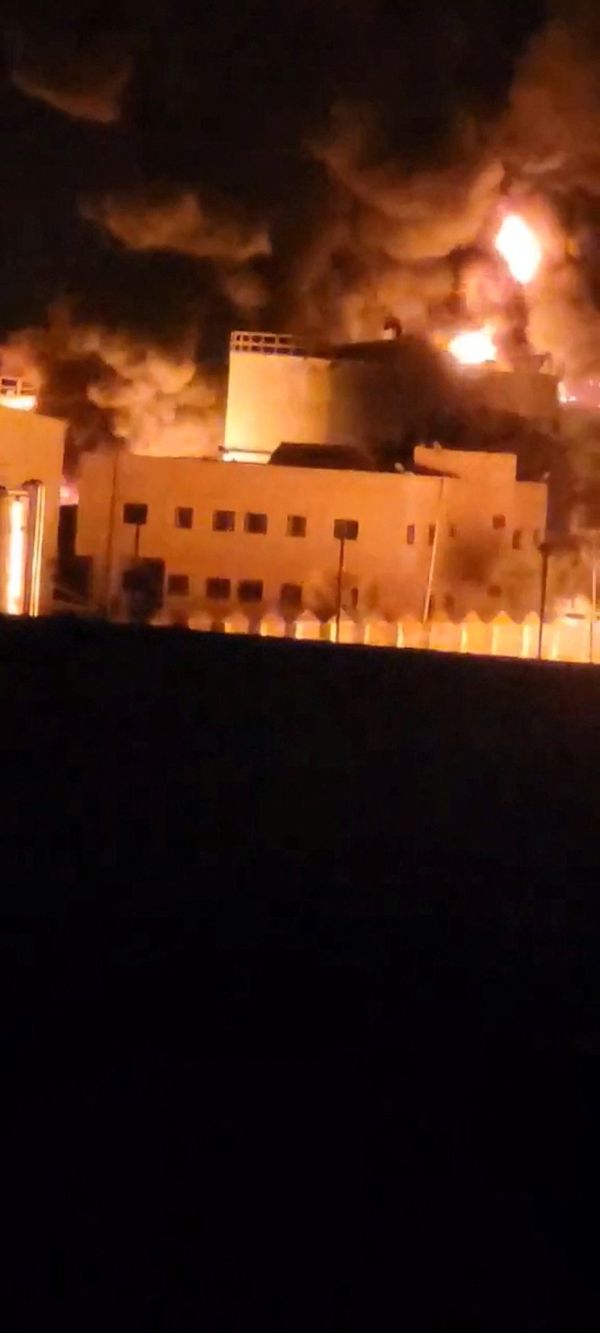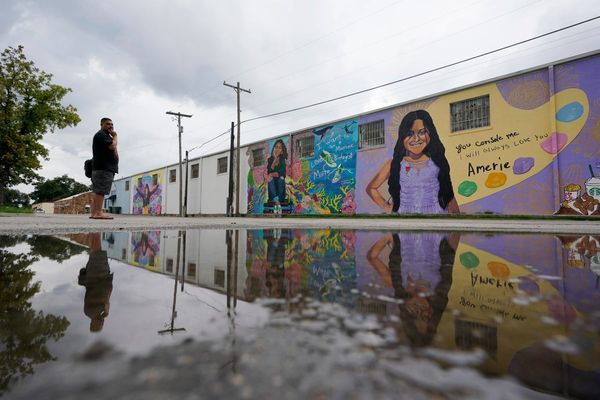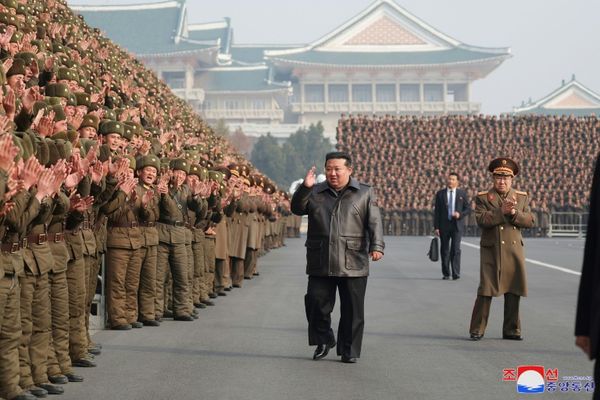
El Paso (United States) (AFP) - Before turning himself in to US border officials in El Paso on Tuesday, Juan Fernandez sent a farewell text message to his wife in Venezuela.
He then wiped away his tears and, together with a friend, walked resolutely into the imposing Customs and Border Protection (CBP) building.
"We're pretty scared, but we have to have faith," he said.
Frightened about drastic policy changes coming to the US-Mexico border this week, the 40-year-old Venezuelan crossed illegally through one of the gaps in the frontier wall three days ago.
He is one of thousands of Venezuelans who have been arriving in El Paso in the final days before the expiration of Title 42.
The health measure was introduced by then-president Donald Trump in 2020 to close the southern border during the pandemic.
Inherited by President Joe Biden, the measure previously exempted asylum seekers from countries such as Venezuela, Nicaragua and Cuba.
While the exemptions have already been rolled back, those nationalities still benefit from special asylum programs, such as through the CBP One mobile app.
But for thousands waiting across the Mexican border, those programs have yielded no results, and they have decided to cross before the uncertainty of the post-Title 42 era kicks in Friday.
"I waited for four months trying to lodge my request, but I was ignored," said Gleidys Losada.
"All the people I knew were crossing through the gaps.I was left behind, and I decided I couldn't wait any longer."
Losada has spent the last four nights outside the Sacred Heart Church in El Paso, which has become a gathering point for thousands of migrants, mostly Venezuelan, who have no money to reach their final destinations in the United States.
With scant belongings, they sleep in improvised tents -- plastic sheets rigged up to the railings -- and use portable toilets set up around the church.
'Humanitarian crisis'
With the impending expiration of Title 42 overnight Thursday into Friday, tensions have grown in US border cities.
CBP officials distributed leaflets early Tuesday morning urging undocumented migrants to turn themselves in.
"We are seeing the implementation of a very harsh policy that surprises us very much, because during his campaign Biden promised a more humane border policy," said Fernando Garcia, executive director of the Border Network for Human Rights, a non-governmental organization.
"What we are seeing is a humanitarian crisis.We are seeing people asking for asylum and being denied.We are going to see a massive deportation policy in the next few days."
But for the migrants, there is no wall or policy that will stop them trying to reach the US.
"They can throw Title 42 and all these rules at us, but migration is not going to end.We are going to keep coming because we are hungry," said Eibor Tovar, a 34-year-old Venezuelan.
"When you are hungry, when you are repressed by a dictatorship, you do whatever it takes to seek a better life."
'Joy, sadness, fear'
After authorities visited the makeshift camp in El Paso, Fernandez and his friend decided to turn themselves in.
Their gambit inspired a couple who had been watching fearfully from the opposite sidewalk to do the same.
Three hours later, Fernandez and the couple were leaving through a back door of the CBP building, holding a "Welcome to the United States" leaflet and a form making their asylum request official.
The news spread like wildfire, and within minutes, hundreds of Venezuelans were lining up at the doors of the federal agency.
"I feel joy, sadness, fear," said Venezuelan Jose Contreras, 21, in tears.Moments before, he had been kneeling on the sidewalk, deep in prayer.
For others, the fear of being deported outweighed the hope of a legitimate path.
"I'm terrified they will throw me out.I don't want to go back to Venezuela -- there is no future there," said a 23-year-old, who turned around and left the line.
"Some people were allowed to stay, but not all of us will be so lucky."
For Fernandez, those words ring true.He still had no word from the friend who accompanied him into the CBP station.







